1902-03: Ida Tarbell profiles John D. Rockefeller and the Standard Oil Company
Standard Oil Refinery No. 1 in Cleveland, Ohio, 1899 (Wikimedia Commons)
The progressive era of the late 19th and early 20th centuries was a time of social activism as Americans and their president, Theodore Roosevelt, fought corruption and monopolistic practices in government and industry. Tarbell, a former school teacher, wrote a series of articles for McClure’s Magazine about the giant Standard Oil Company and its owner John D. Rockefeller. The series was published in book form in 1904, and in 1911 the U.S. Supreme Court found the company to be in violation of the Sherman Antitrust Act, causing its breakup. Ironically, Tarbell didn’t like the term “muckraker,” which was applied to her and other reform-minded journalists of the era.
1906: Upton Sinclair exposes conditions in Chicago’s meatpacking plants
Chicago’s Union stockyards cattle pens c. 1909. (Wikimedia Commons)
Chicago was America’s center of meat processing and packing around the turn of the century in 1900. Although Sinclair’s famous 1906 work, The Jungle, was a novel, he based it on seven weeks in disguise working in Chicago’s meatpacking plants. His exposé of conditions that immigrant workers faced in the stockyards and the unsanitary practices of the industry coincided with passage of the Pure Food and Drug Act of 1906 and the Federal Meat Inspection Act of 1906. Sinclair later focused on American journalism itself, calling attention in 1920 to the practice of “yellow journalism” in his book The Brass Check.
1953: Murrey Marder dogs Sen. Joseph McCarthy’s witch hunt
Sen. Joseph McCarthy chats with his attorney Roy Cohn during Senate Subcommittee hearings on the McCarthy-Army dispute. (Wikimedia Commons)
In February 1950, U.S. Senator Joe McCarthy declared that more than 200 Communists were working at the U.S. State Department. After his re-election in 1952, McCarthy conducted a series of hearings on the matter and implicated Army personnel in espionage. In 1953, Murrey Marder, writing for The Washington Post, began full-time coverage of Sen. McCarthy and his hearings. Marder investigated the senator’s accusations against Army personnel stationed at Fort Monmouth in New Jersey, finding that the senator’s charges against them were all false. Marder later opened the London bureau of the The Post and, after his retirement, helped create the Nieman Watchdog Project.
1962-64: David Halberstam calls foul on the U.S. military’s rosy Vietnam claims
Reporters David Halberstam (l) of the New York Times, AP Saigon correspondent Malcolm Brown (c) and Neil Sheehan of UPI chat beside a helicopter in Vietnam. (AP)
In October 1963, President John F. Kennedy was so upset about David Halberstam’s reporting from Saigon that he asked Arthur Ochs Sulzberger, the publisher of The New York Times, to transfer Halberstam out of Vietnam. Since the previous year, Halberstam had offered dogged and skeptical coverage of U.S. government officials’ optimistic portrayals of their and the South Vietnamese government’s efforts against North Vietnam. “The job of the reporters in Vietnam,” Halberstam wrote in 1965, “was to report the news, whether or not the news was good for America.” In 1964, Halberstam earned a Pulitzer Prize for his Vietnam reporting.
1969: Seymour Hersh exposes the My Lai massacre and cover-up
New York Times reporter Seymour Hersh talks on the telephone at his New York Times Washington Bureau office June 14, 1972. (Wally McNamee/CORBIS)
In March 1968, U.S. Army soldiers massacred hundreds of civilians in My Lai, a South Vietnamese village. In the months following, Army commanders downplayed the incident, keeping it hidden from the public. However, due to pressure on the chain-of-command from a soldier in the infantry company involved, Lieutenant William Calley, Jr. was court martialed in September 1969 for his role. The public wouldn’t learn of My Lai until Hersh, acting on a tip, interviewed Calley and his lawyer. Hersh’s story was published by Dispatch, a small news agency with a tiny staff, and then picked up nationally. Calley was the only soldier convicted in relation to the massacre. Hersh won the 1970 Pulitzer Prize for his reporting.
1971: The Pentagon Papers leaked and published
Daniel Ellsberg (l) talks to reporters outside the Federal Building in Los Angeles on Jan. 17, 1973. His co-defendant Anthony Russo is on the right. (AP Photo/stf)
In 1971, with the Vietnam War still going after almost a decade, a military analyst named Daniel Ellsberg leaked a seven-thousand page history of U.S.-Vietnam relations that had been prepared for internal use by the Pentagon. Lengthy sections of these “Pentagon Papers” were published in The Washington Post and The New York Times, revealing the covert origins of a war that was exceedingly unpopular at home. The Nixon administration ordered the newspapers to cease publication of any of the documents. This led to a Supreme Court case (New York Times Co. v. United States) that eventually ruled in favor of the press.
1972: Woodward and Bernstein expose the Watergate break in
Richard Nixon departs from the White House, August 9, 1974, after resigning the presidency. (Reuters)
In June 1972, five men were arrested for breaking into the Democratic National Committee offices at the Watergate Complex in Washington, DC. Two young reporters at The Washington Post, Bob Woodward and Carl Bernstein, were intrigued that one of the burglars was on the payroll of President Richard Nixon’s reelection committee and began digging further. Woodward and Bernstein uncovered a series of political crimes and “dirty tricks” that connected the burglary back to the White House. Their reporting led to indictments of 40 administration officials and the eventual resignation of President Nixon. The paper won the 1973 Pulitzer Prize for the investigative reporting.
2010: Dana Priest and William Arkin detail secret government organizations
U.S. President George W. Bush (r) and Porter Goss, director of the Central Intelligence Agency (CIA), walk to make remarks in the lobby of the CIA headquarters in Langley, Virginia. (Reuters/Jason Reed JIR)
On July 19, 2010, Washington Post reporters Dana Priest and William Arkin published “Top Secret America,” a series of investigative articles revealing the massive and what they characterized as mismanaged post-9/11 growth of the U.S. intelligence community. The series, benefiting from the work of more than a dozen other journalists at The Post, compiled hundreds of thousands of records over two years, identifying 45 government organizations (1,271 sub-units) and 1,931 private companies engaged in top-secret intelligence work. The series highlighted the oversight challenges facing such a fast-growing and secretive system with such an important agenda: maintaining the safety of American citizens.
EXCERPTS:
Famous “Muckrakers” and their work: • Upton Sinclair- The Jungle (Unsanitary conditions in factories & troubles of immigrants) • Jacob Riis- How the Other Half Lives (Poverty & harsh conditions in cities/child labor) • Lincoln Steffens- The Shame of Cities (Corruption and wrong doings of political bosses) • Frank Norris- The Octopus (How the monopolistic railroad was ruining small farms) • Jane Addams- “Why Women Should Vote” (women’s suffrage and poor living conditions)
EXCERPT #1- Upton Sinclair- The Jungle
“It was only when the whole ham was spoiled that it came into the department of Elzbieta. Cut up by the two-thousand-revolutions-a-minute flyers, and mixed with half a ton of other meat, no odor that ever was in a ham could make any difference. There was never the least attention paid to what was cut up for sausage; there would come all the way back from Europe old sausage that had been rejected, and that was moldy and white – it would be dosed with borax and glycerin, and dumped into the hoppers, and made over again for home consumption. There would be meat that had tumbled out on the floor, in the dirt and sawdust, where the workers had tramped and spit uncounted billions of consumption germs. There would be meat stored in great piles in rooms; and the water from leaky roofs would drip over it, and thousands of rats would race about on it. It was too dark in these storage places to see well, but a man could run his hand over these piles of meat and sweep off handfuls of the dried dung of rats. These rats were nuisances, and the packers would put poisoned bread out for them; they would die, and then rats, bread, and meat would go into the hoppers together to be mixed into the sausage we eat.”
EXCERPT #2- Jacob Riis- How the Other Half Lives
“Visiting a tenement is a typical sight. When the summer heats come with their suffering they have meaning more terrible than words can tell. Come over here. Step carefully over this baby--it is a baby, spite of its rags and dirt--under these iron bridges called fire-escapes, but loaded down, despite the incessant watchfulness of the firemen, with broken household goods, with wash-tubs and barrels, over which no man could climb from a fire. No one could escape if fire came. This tenement, holding thousands of poor families huddled together would become a mass grave. But who would notice? This is the refuse of society…”
EXCERPT #3- Lincoln Steffens- The Shame of Cities
“The Political Bosses control the whole process of voting, and practice fraud at every stage. The assessor’s list is the voting list, and the assessor is the boss’s man… The assessor pads the list with the names of dead dogs, children, and non-existent persons until he gains the outcome he wants. A victory” What does the passage mean or show? How does it make you feel? Do you think this is fair or right? Why or why not?
EXCERPT #4- Frank Norris- The Octopus
“The farmers’ profits were the object of attack from many different quarters. It was a flock of vultures descending upon a common prey (the farmers were the prey to be attacked)-- the commission merchant, the elevator combines, the mixing house ring, the banks, the warehouse men, the laboring man, and above all else… the rail road. The rail road vulture descended upon the farmers and their profits and took nibbles wherever and whenever it could…”
Excerpt #5- Jane Addams – “Why Women Should Vote” an article in Ladies Home Journal (1910)
“Public-spirited women who wish to use the ballot, as I know them, do not wish to do the work of men nor to take over men's affairs. They simply want an opportunity to do their own work and to take care of those affairs which naturally and historically belong to women, but which are constantly being overlooked and slighted in our political institutions. In a complex community like the modern city all points of view need to be represented To turn the administration of our civic affairs wholly over to men may mean that the American city will continue to push forward in its commercial and industrial development, and continue to lag behind in those things which make a City healthful and beautiful. After all, woman's traditional function has been to make her dwelling-place both clean and fair.
LA Youth » Investigative journalism
Writing in style of Upton Sinclair's 'The Jungle'
The sign above the mess hall at Longfellow Middle School read 'Free Food', but as the old adage goes there's no such thing as a free lunch. The price for these seemingly complimentary meals was indigestion, high cholesterol, and general queasiness.
A shill bell ringing induced a Pavlovian response in the great swelling mass of Longfellow's student body. A race ensued and lines of hungry youth coiled around the dimly lit hallways of McClean's most prestigious learning institution. Group A stampeded in, then B, then C, and on and on. Imaginations ran wild of gourmet dishes, hefty portions and sumptuous desserts. However, these hopes were quickly dashed when the menu came into full display.
Raw undercooked pizza bread, lacking in tomato sauce to cover up the fact, was served up alongside expired chocolate milk, slimy warm, like Jello,. It seemed the worker students were on reduced meat rations, mountains of rice sprinkled with a handful of orange chicken cubes or soggy corndogs, mostly stick.
Workers flicked crumbs from the table as they sat sullenly. The cafeteria smelt of old sweaty dirty laundry, not that of a typical mess hall. Appetites were often checked at the door.
On his way to retreive a clean fork, Wen got lost on his way to the kitchen and wandered into the dank dark cellar where the sausage was made... the horror... the horror....
sources: brookings.edu
.jpg)
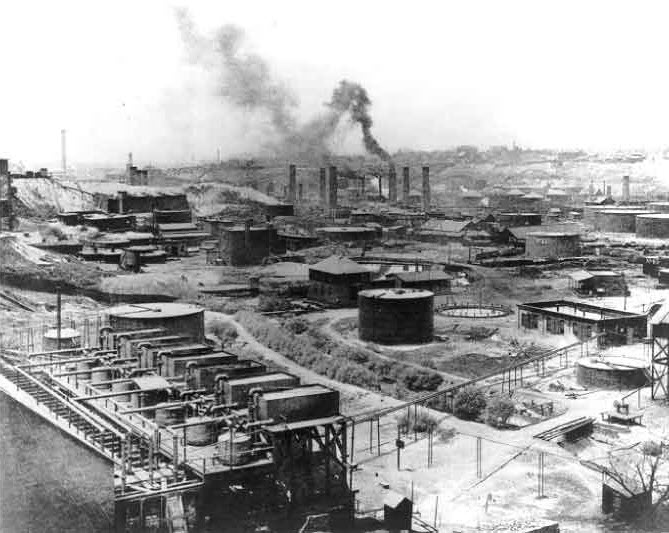
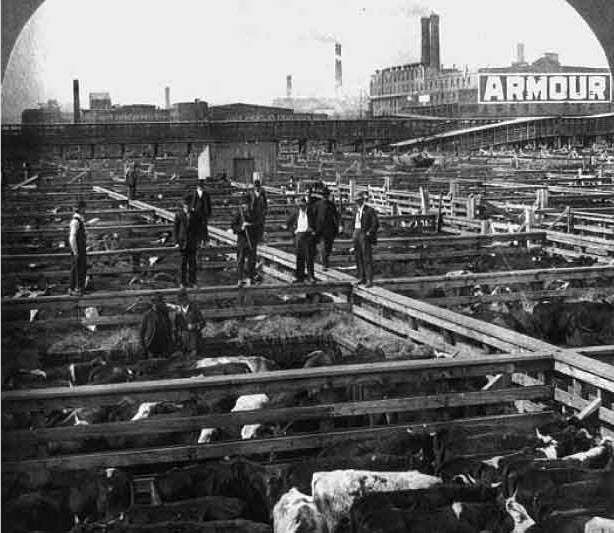
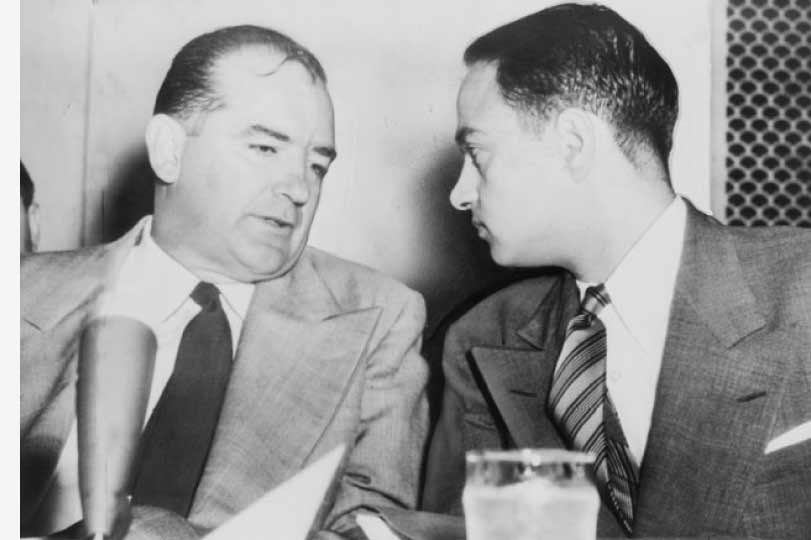

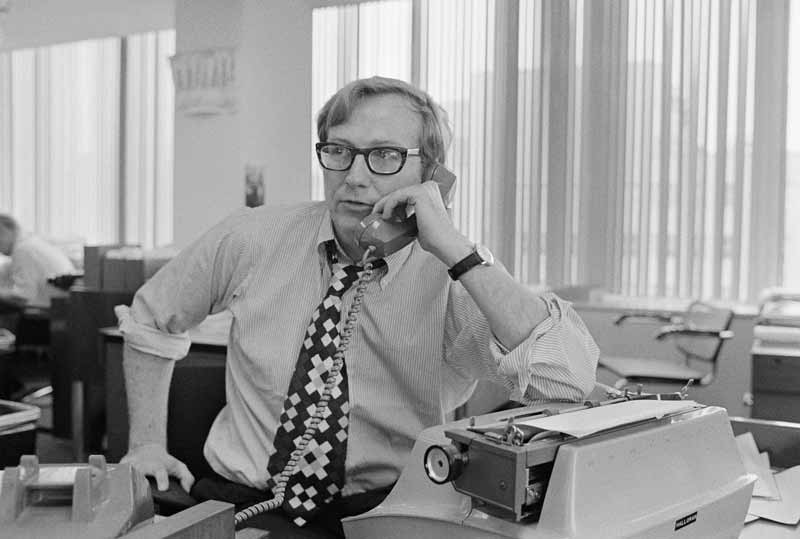
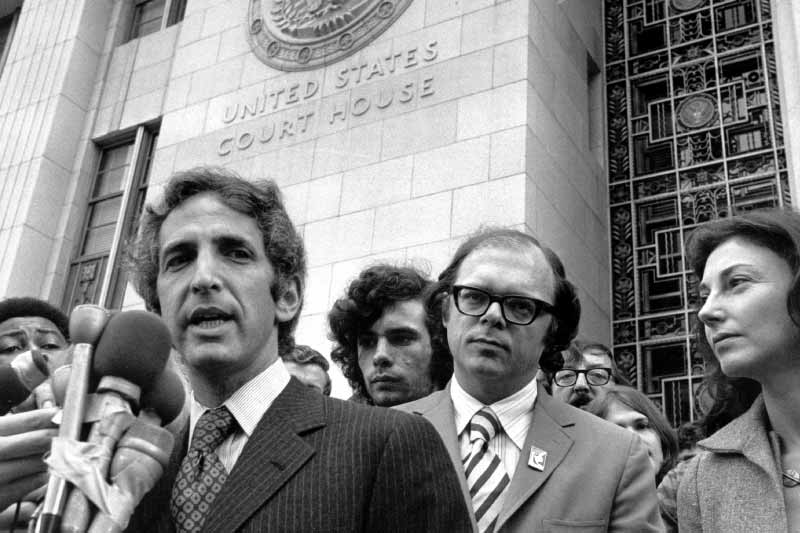
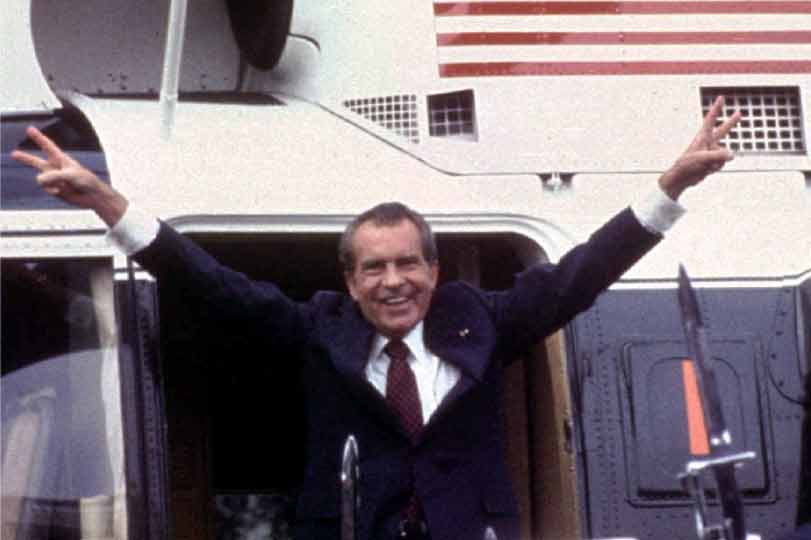
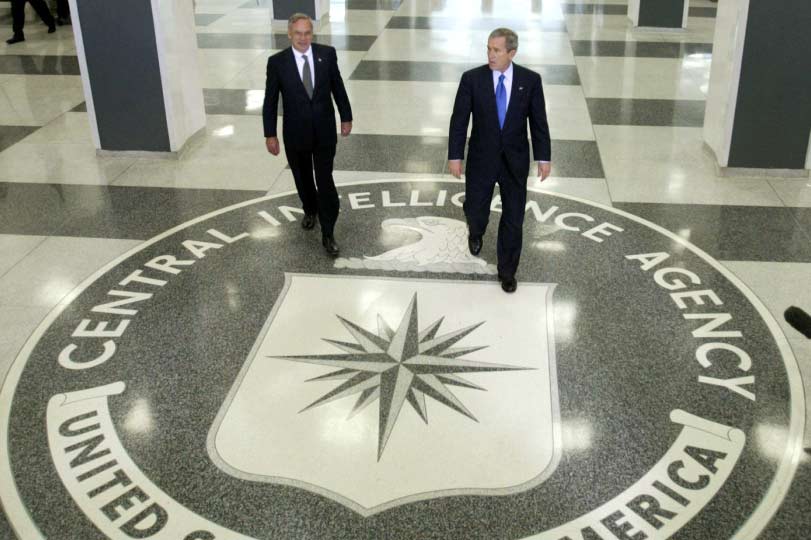


.jpg)
.jpg)
.jpg)
.jpg)
.png)

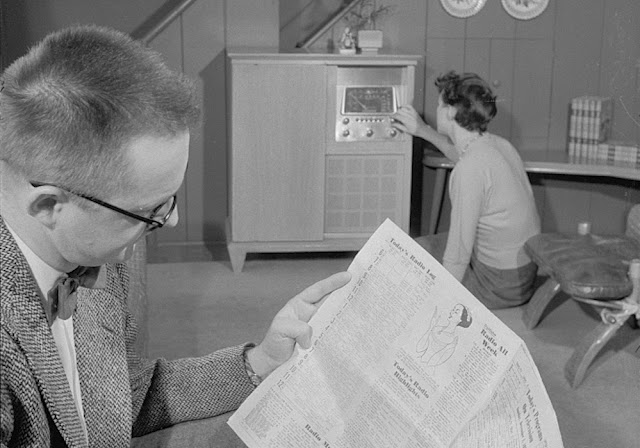
.jpeg)
.jpeg)
.jpeg)
.jpeg)
.jpeg)
.jpeg)
.jpeg)
.jpeg)